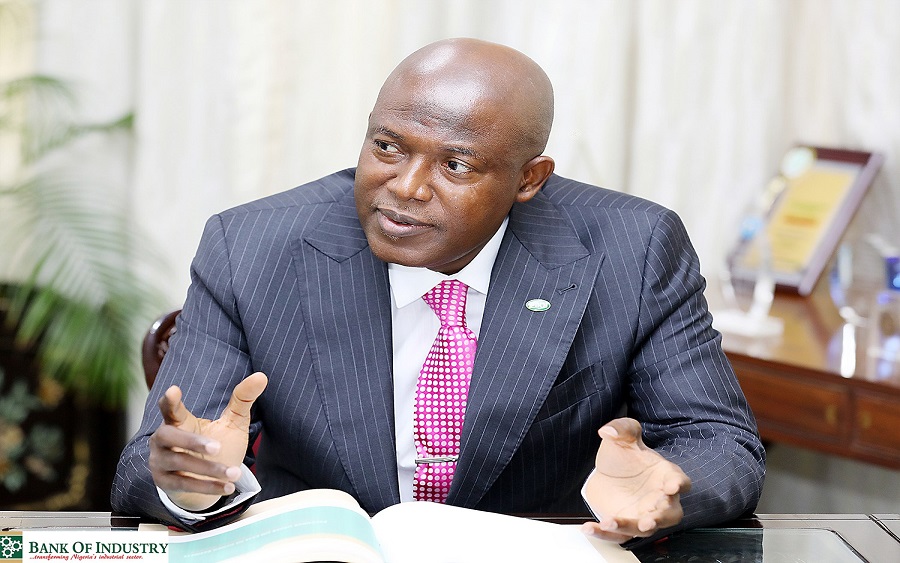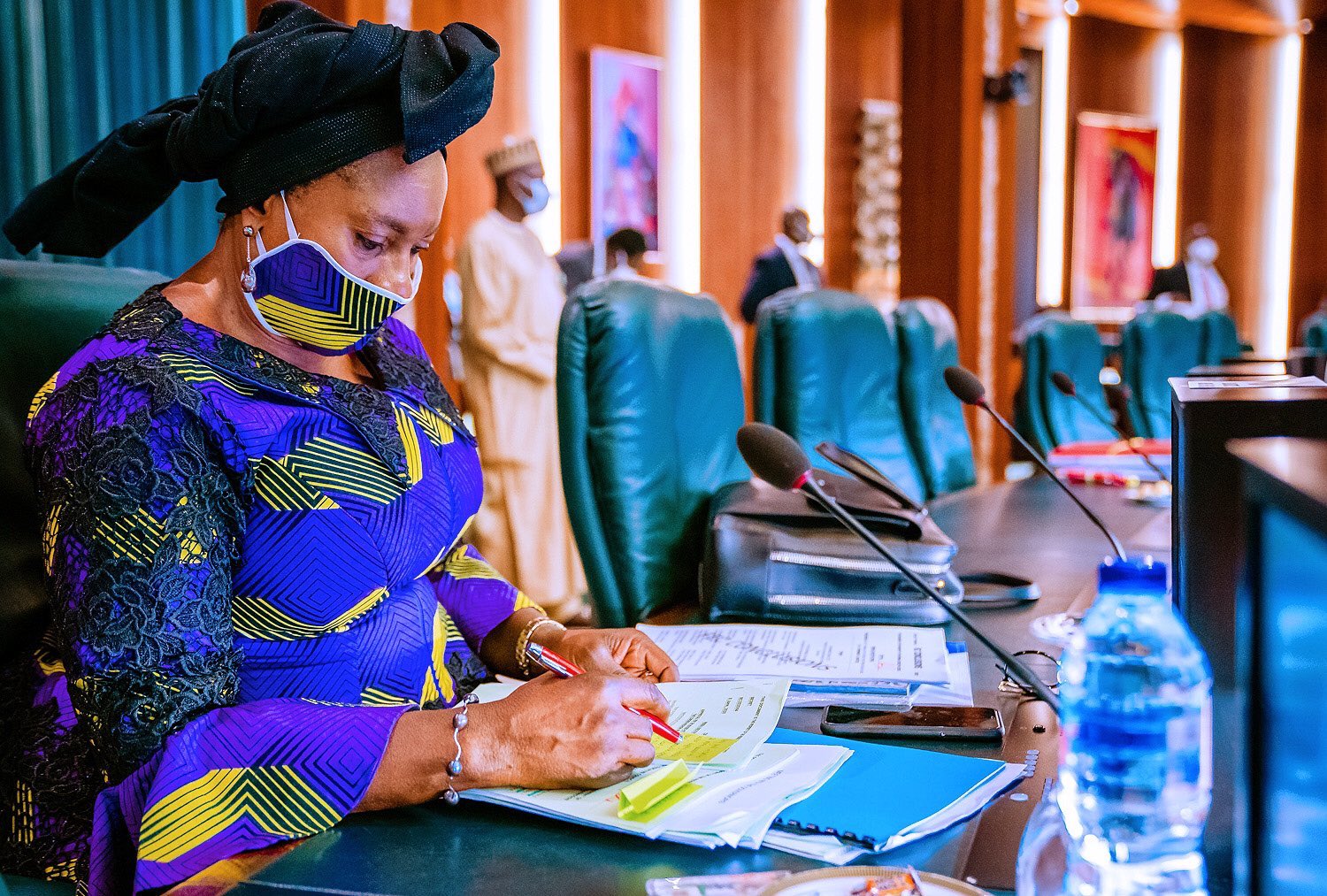The Bank of Industry (BOI) has announced the successful conclusion of a landmark $1 billion loan syndication transaction, in a bid to improve its capacity to support MSMEs.
This is according to a verified post on the website of the Bank of Industry, seen by Nairametrics.
READ: Federal Government obtains $20 billion investment in aviation
Nairametrics gathered that the transaction is the third major international debt syndication deal successfully concluded by BOI within the last 3 years. Prior to this deal, the bank had earlier in 2018 raised the sum of $750 million with the support of the African Export-Import Bank “Afreximbank”, this loan has been fully repaid.
In addition, in March 2020, the bank pulled off another €1 billion loan deal (Lead Arranged by Afreximbank, Credit Suisse, Rand Merchant Bank and Sumitomo Mitsui Banking Corporation Europe Limited (SMBC)).
READ: Bank of Industry supports businesses with N3.9 billion loan
Despite the challenges posed by the COVID-19 pandemic, Nairametrics learnt that the key factors which led to the success of the deal include; the impressive credit ratings of the bank, its ISO certifications in both Quality Management Systems and Information Security, as well as its strong strategic partnership with domestic commercial banks, evident by the continuous provisions of credit enhancements and de-risking tools to BOI customers.
READ: BoI’s MD complains that SMEs don’t repay loans, Nigerians react
What you should know
- According to Investopedia, Loan Syndication is the process of involving a group of lenders in funding various portions of a loan for a single borrower. Loan syndication most often occurs when a borrower requires an amount too large for a single lender to provide or when the loan is outside the scope of a lender’s risk exposure levels.
- In lieu of the aforementioned point, Nairametrics gathered that 28 international financial institutions and funds participated in this transaction, which was initially pegged at $750 million, and later upgraded to $1 billion due to over-subscription.
- African Export-Import Bank, Credit Suisse, African Finance Corporation, Rand Merchant Bank and Sumitomo Mitsui Banking Corporation Europe Limited (SMBC) are Mandated Lead Arrangers and Bookrunners of the deal, while the Export-Import Bank of China is the mandated lead arranger.
- The Central Bank of Nigeria supported BOI by providing a full guarantee for the facility and a 100% currency swap to mitigate the foreign exchange rate risk.
- Between 2015 and October 2020, the Bank of Industry with the support of its various stakeholders disbursed over ₦945 billion to 3,013,087 enterprises, thus creating over 6.87 million estimated direct and indirect jobs.
READ: BoI to extend grant to 110,000 MSMEs in Borno and others
What they are saying
Commenting on the recent development, a part of the notice reads,
- “With the successful conclusion of this deal, the Board and management of Bank of Industry is confident that the bank is now better positioned to catalyse domestic production and facilitate job creation on a transformational scale; enhance local industry competitiveness; attract domestic and foreign investments; integrate our local industries into domestic, regional and global value chains; grow our export earnings and positively impact the overall economic development of Nigeria in line with its mandate and especially in light of the planned commencement of the African Continental Free Trade Agreement (AfCFTA) in January 2021.”
READ: BOI denies running a loan empowerment scheme
Why it matters
The deal affords the Bank the opportunity to improve its lending capacity in support of MSMEs across key sectors in Nigeria, providing medium and long term loans with moratorium benefits.
This is in line with the present administration’s goal to resuscitate the Nigerian industrial sector, creating 10 million jobs through leveraging on the Nigeria Industrial Revolution Plan and the Economic Recovery and Growth Plan.
























…”Integration of ICT to ensure Sustainability of Human Development, Carrying Capacity, Biodiversity Conservation of Natural Resources Capital Project Management Strategy in Tropical Environment for rapid Digital,Green and Blue Economy”…